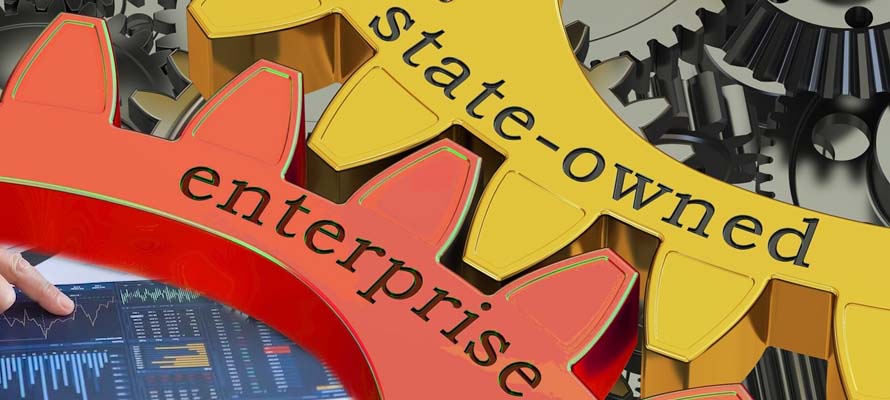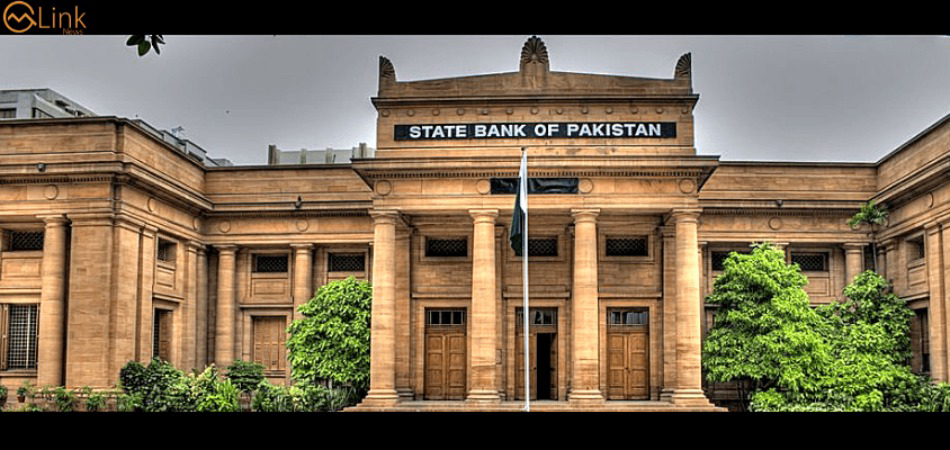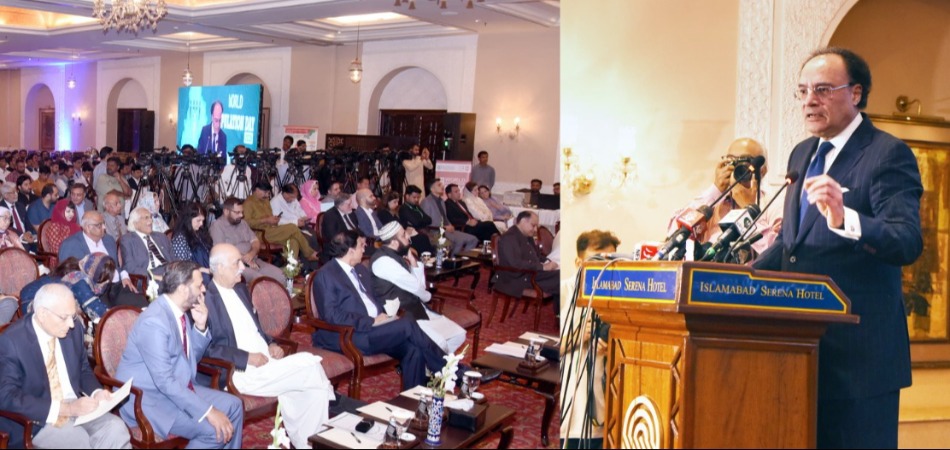SOEs in emerging markets pose debt crisis threat to emerging markets: Reza Baqir

MG News | September 25, 2023 at 04:01 PM GMT+05:00
September 25, 2023 (MLN): Numerous emerging-market countries are facing the risk of debt crises due to unprofitable state-owned enterprises (SOEs) that drain public funds, Reza Baqir, the head of Alvarez & Marsal Inc.’s sovereign debt advisory business warned.
Baqir stated, “In many countries, the reason they have unsustainable levels of debt is because of the role of state-owned enterprises that have bled the government coffers”.
He added that while debt levels are at historic highs, there have not been any sovereign defaults since those declared by Ghana and Sri Lanka last year. But he cautioned that “the developing world’s debt problem has only been delayed, not defused”.
Bonds from many emerging-market countries are trading as distressed credits because of the drain from state-owned enterprises and weak tax collection. A low ratio of tax revenue to interest payments is a strong predictor of sovereign solvency stress, Baqir said.
As per a Bloomberg index tracking sovereign dollar debt that showed as many as 15 emerging and frontier markets are trading at distressed levels, including Egypt, Bolivia, Pakistan, and Argentina.
The IMF data shows emerging markets’ government debt stood near a record 64.6% of GDP in 2022, while this was 88% for low-income developing countries.
Baqir also argued for more transparency in lending terms for emerging markets to help prevent future debt crises.
He said that creditors should disclose the interest rates, grace periods, and maturity dates of their loans to avoid hidden liabilities and potential conflicts.
To note, as per the latest figures revealed by the Federal Minister, the net loss in Pakistan incurred by SOEs in the year 2020 amounted to a staggering Rs138 billion.
The SoEs that reported profits in 2020 were Oil and Gas Development Company Limited, Pakistan Petroleum Limited, National Bank of Pakistan, Government Holding (Pvt) Limited, National Power Parks Management, Port Qasim Authority, National Transmission and Despatch Company, Pak Kuwait Investment Company, Faisalabad Electric Supply Company Limited and Pakistan Agricultural Storage & Services Corporation Limited.
Notably, a significant portion of these profits, Rs100.8bn, was generated from the oil and gas sector.
On the other hand, loss-making entities include Quetta Electric Supply Company, National Highway Authority, Pakistan Railways, Sukkur Electric Power Company, Pakistan International Airlines, SSGCL, Pakistan Steel Mills, HESCO, Pakistan State Oil Company, and Peshawar Electric Supply Company.
"The weak performance of these SoEs can be attributed to a lack of autonomy, external interference, inappropriate boards, and weak management," she remarked during a live television address on Thursday.
“We anticipate updated figures for more recent years to become available within the next three months,” she added.
The optimal performance of SOEs is the requisite crucial factor for the government's medium to long-term macroeconomic resilience and growth prospects.
Copyright Mettis Link News
Related News
| Name | Price/Vol | %Chg/NChg |
|---|---|---|
| KSE100 | 134,299.77 290.06M |
0.39% 517.42 |
| ALLSHR | 84,018.16 764.12M |
0.48% 402.35 |
| KSE30 | 40,814.29 132.59M |
0.33% 132.52 |
| KMI30 | 192,589.16 116.24M |
0.49% 948.28 |
| KMIALLSHR | 56,072.25 387.69M |
0.32% 180.74 |
| BKTi | 36,971.75 19.46M |
-0.05% -16.94 |
| OGTi | 28,240.28 6.19M |
0.21% 58.78 |
| Symbol | Bid/Ask | High/Low |
|---|
| Name | Last | High/Low | Chg/%Chg |
|---|---|---|---|
| BITCOIN FUTURES | 118,140.00 | 119,450.00 115,635.00 |
4270.00 3.75% |
| BRENT CRUDE | 70.63 | 70.71 68.55 |
1.99 2.90% |
| RICHARDS BAY COAL MONTHLY | 97.50 | 0.00 0.00 |
1.10 1.14% |
| ROTTERDAM COAL MONTHLY | 108.75 | 108.75 108.75 |
0.40 0.37% |
| USD RBD PALM OLEIN | 998.50 | 998.50 998.50 |
0.00 0.00% |
| CRUDE OIL - WTI | 68.75 | 68.77 66.50 |
2.18 3.27% |
| SUGAR #11 WORLD | 16.56 | 16.60 16.20 |
0.30 1.85% |
Chart of the Day
Latest News
Top 5 things to watch in this week
Pakistan Stock Movers
| Name | Last | Chg/%Chg |
|---|
| Name | Last | Chg/%Chg |
|---|




 MTB Auction
MTB Auction